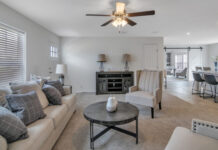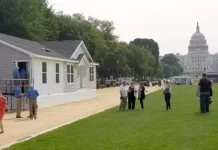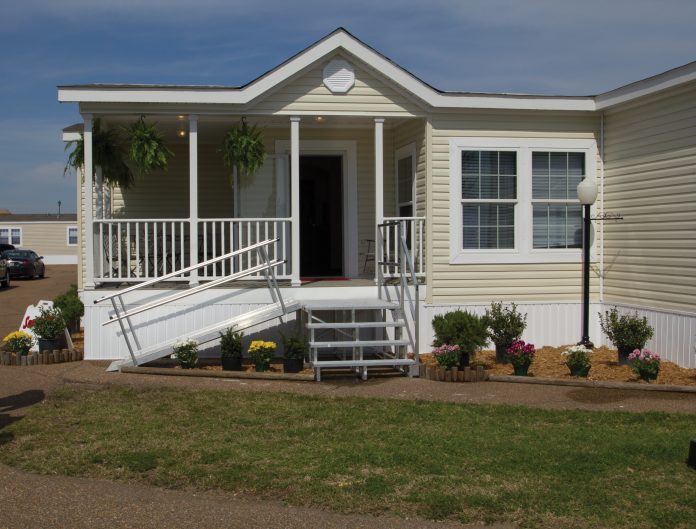

Risk Management for Most Owners and Residents Starts with Manufactured Home Insurance
How do you manage the risk of losing or preventing damage to your manufactured home? Risk management is a key component to the financial well being of all manufactured home owners.
Enter: Manufactured Home Insurance
Insurance is one of the most recognizable forms of risk management for most people. Home insurance allows people to pay a relatively small amount for the promise that when something terrible happens, they will be covered.
There are many kinds of insurance from the core auto and home insurance policies we all know to the unusual; as in the case when TIME reported that Bruce Springsteen insured his voice for $6 million. However, in this article I will focus on home insurance, and in particular how it works for manufactured homes.
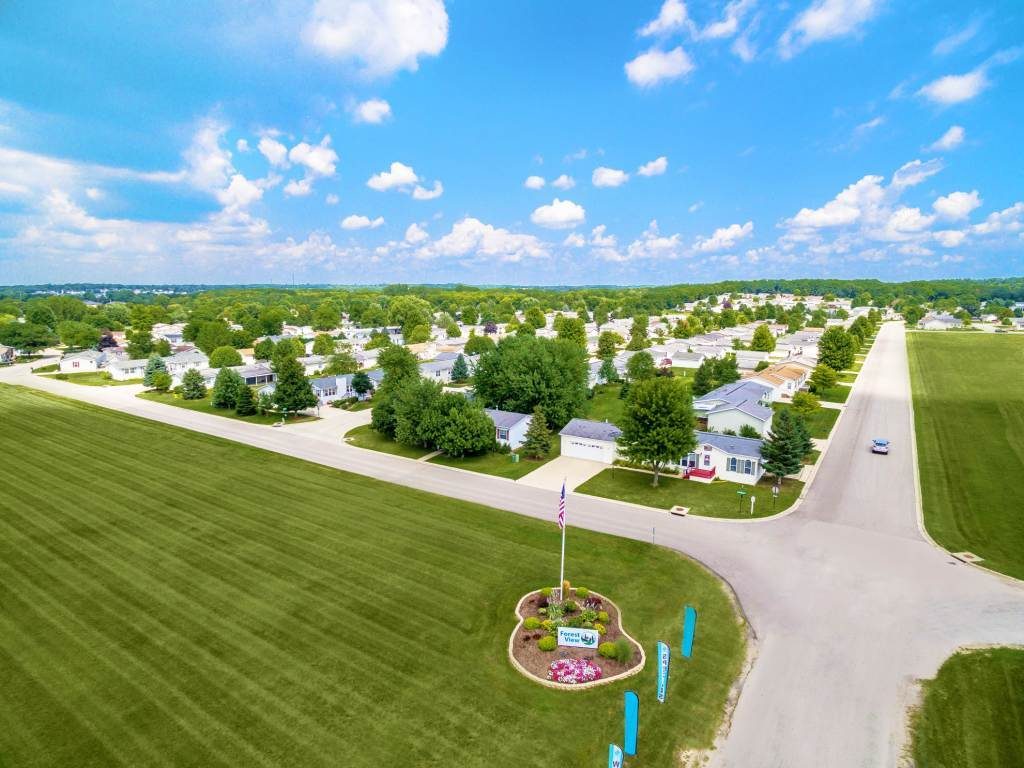
Let us start with some of the basics.
An HO-3 is the most common type of home insurance. It is what what people often call “Homeowners”. You could think of this being the “gold” standard. For my friends in Texas an HO-B policy is a close relation. A homeowners policy typically is a package of coverages that includes:
- coverage for the home itself
- personal property
- other structures on the property (e.g. a detached garage)
- additional living expense
- and liability
Know Your Agent, Ask Questions on Manufactured Home Insurance
Now, additional living expense is the coverage that helps to pay for temporary accommodations when your own home becomes unlivable. Many insurance companies adjust their policies, so it is best to discuss your individual needs with an agent.
Manufactured homes use unique construction techniques. There is the use of alternate materials. And the home is subject to different regulations than site-built structures.
For these reasons, manufactured home insurance is considered a specialized home insurance product causing some standard, household name branded insurance companies to shy away. This can take several forms including a complete rejection of manufactured home owners, a heavy underwriting process, or a requirement to keep the auto policy with the same insurance company.
However, competition is alive and well with several specialized insurers having heard the call to fill the gap including Foremost, American Modern, my own Tower Hill Specialty, and others.
As mentioned previously each insurance company handles policies a little differently. So, here are a few key points that come up more often for manufactured home insurance.
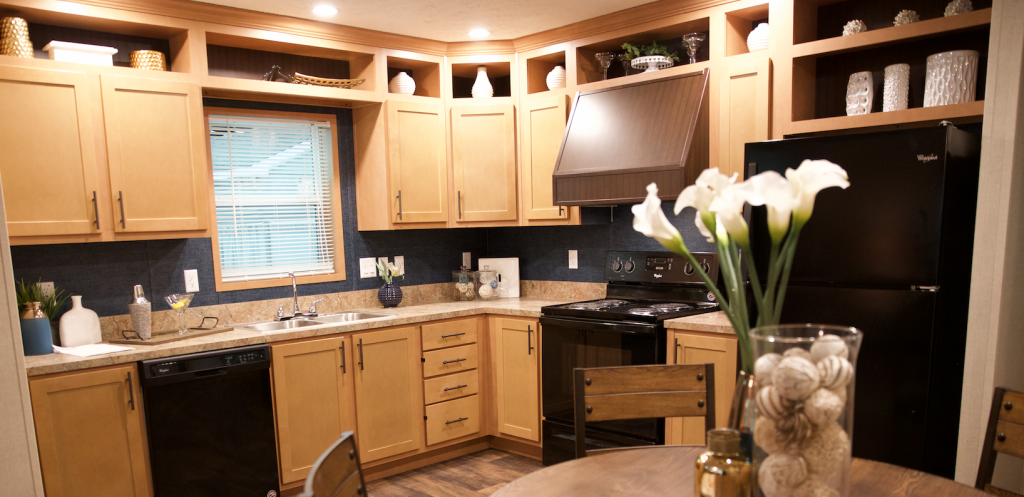

Manufactured Home Insurance Coverage Recommendations
Dwelling Settlement Option
This refers to how the home is valued, both when selecting a policy limit and when determining how much money is paid at the time of a claim. There are two main options available to manufactured home owners. The first one being “replacement cost”, which is considered standard for that HO-3 policy we spoke about earlier. Use of replacement cost is often subject to more underwriting limits for manufactured homes relative to site-built homes. The second option is Actual Cash Value, which starts with replacement cost but then is reduced by depreciation/aging of the home. This often results in a lower premium as well. It is important to discuss the tradeoffs between these two settlement options with your agent to ensure you are getting the best policy for you.
Covered Perils
A peril refers to a risk or a source/cause of loss such as fire, theft, and windstorm. The “gold” standard, for the home, in this case can be referred to in several different ways including “open peril”, “all-risk”, or “special form”, which basically means that a cause of loss is covered unless otherwise excluded. Some insurers of manufactured homes take the opposite “named peril” approach. In the case of a “named peril” approach the insurance policy will specifically indicate which losses are covered and everything else not named is not covered. The explanation that really brought this point home to me was this:
- With an “open peril” policy the burden is on the insurance company to show a loss is excluded.
- With a “named peril” policy the burden is on the manufactured home owner to show a loss should be covered.
Byline Versus Package
A HO-3 policy by its very nature is a package of various coverages; not un-similar to a package of TV channels that you may be offered from you cable company. For this reason, even if you don’t have any other structures on your property you would still have the coverage as part of your policy. In contrast a byline approach would allow you to only purchase the coverages you need and want. The ability to choose a byline approach is much more common for manufactured homes. For this aspect there isn’t really a right or wrong answer so long as you get the coverages you need at the best price.
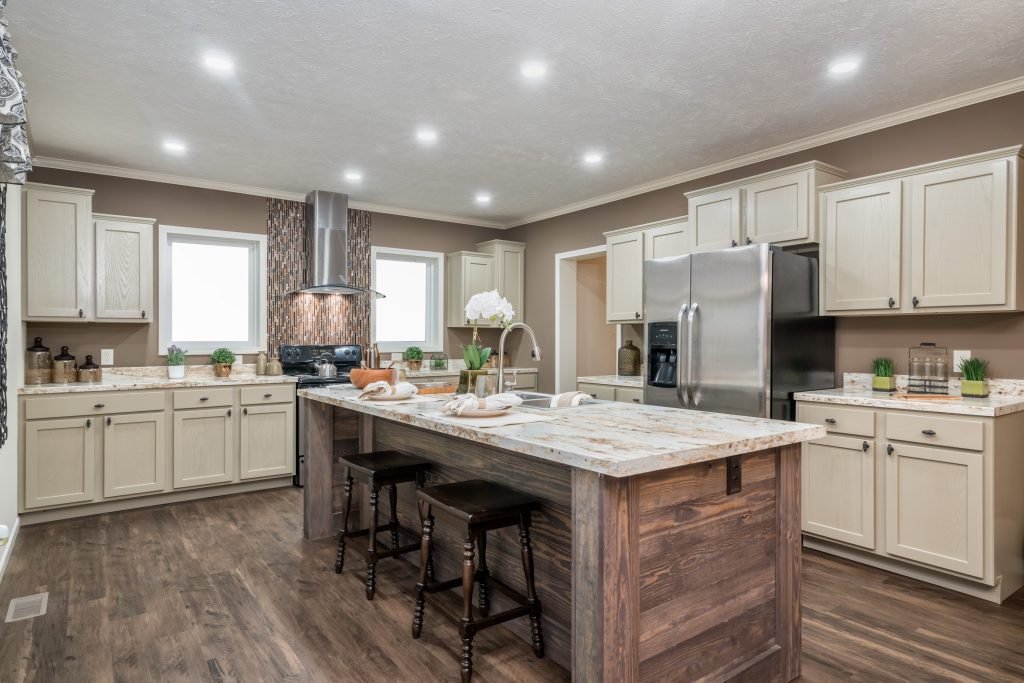

Areas to Push the Conversation with Your Agent
When discussing any kind of insurance with your agent there are some areas I would recommend you push the conversation. The most crucial ones would be:
It is All About You
The areas to focus on seem obvious, but can be overlooked. Those areas are you, your lifestyle, your pets, valuables, and any business aspects, such as if the home is rented long-term or used occasionally as an Airbnb.
This type of conversation will help ensure you are aware of certain coverages. And you can discuss those coverages to find our if they are right for you. You will also want to reveal a little bit about your financial situation and I will explain why that is important in the deductible selection.
Deductible Selection
You should discuss your financial situation with your agent, especially regarding your family’s ability to absorb a “shock”/loss. High deductibles equate to lower premiums. So if your family has, or could have, an emergency fund; a larger deductible may be appropriate for you. If your family lives on a tighter budget it may make sense, despite the higher premium, to have a smaller deductible due to the outsized devastation it may mean to your family when a loss does occur. Also keep in mind your tolerance for risk when selecting a deductible.
Limit Selection
You should discuss your goals with your agent because similar to the effect of discussing which coverages are right for you; you also need to discuss how much of that coverage you need. As an example, some investors in rental homes are more interested in protecting the investment they have put in and lower premiums than they are in replacing the home in the event of a loss. A goal like this, or potentially other goals, can affect the approach your agent takes when it comes to meeting your insurance needs.
Shop Around
I would recommend that you should discuss with your agent a desire for two or three quotes from reputable insurance companies; companies that have shown they can weather the storms and have a solid financial stability rating. Also, you should re-valuate your insurance needs every couple of years and when significant life changes occur.
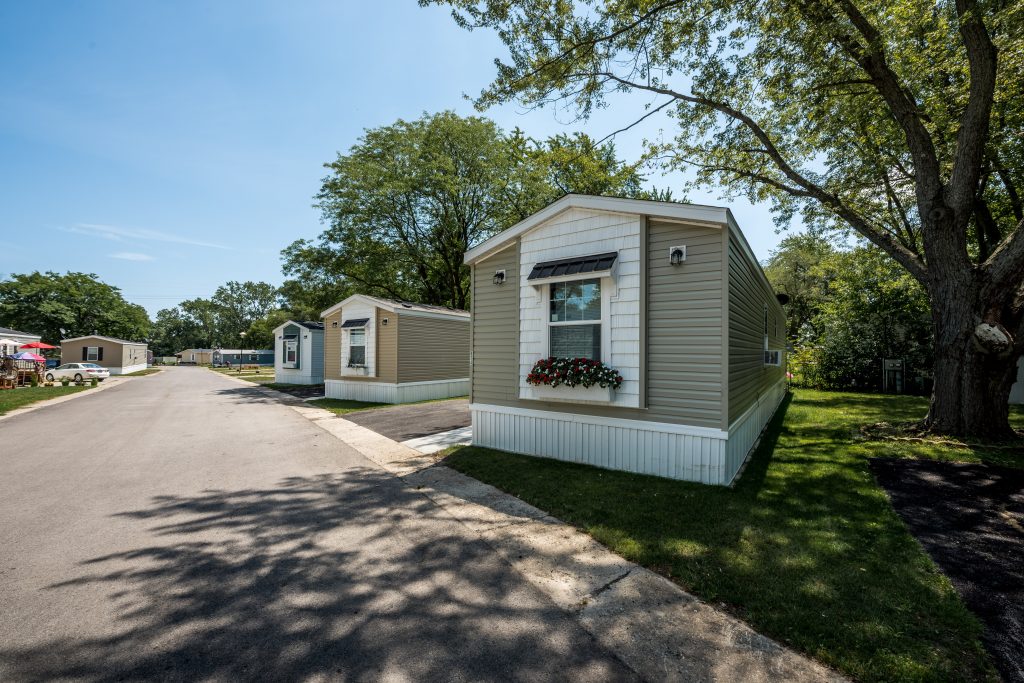

The Conclusion on Manufactured Home Insurance
Insurance is key to ensuring a safe and prosperous future for you and your family. Be wise in who you choose to help you pick up the pieces when things go wrong. Finally, honestly ask yourself “Are you covered properly?”





